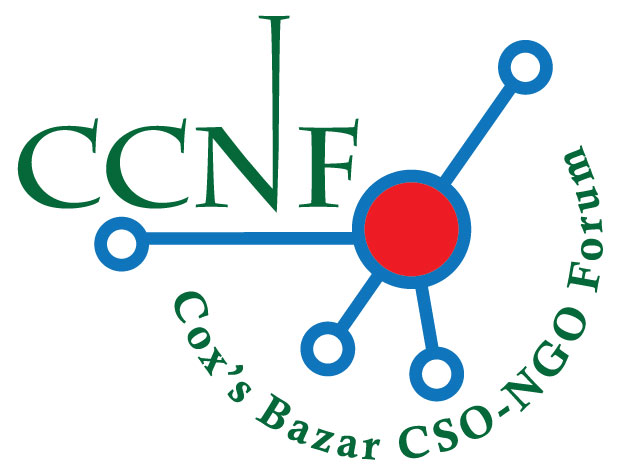Rezaul Karim Chowdhury
Published:2020-07-01 23:05:01 BdST
Supporting local NGOs-CSO in Cox’s Bazar has legitimacy, don’t replace them
Today CCNF (Cox’s Bazar CSO NGO Forum) a network more than 50 local and national NGOs working in Cox’s Bazar has appeal to UN Resident Coordinator (UNRC) to revise the allocation application’s conditions of $ 4 million CERF / emergency corona fund, so that locally origin NGOs can participate for Humanitarian Response in Rohingya Response.
It should be noted that on 30th June Inter Sectoral Coordination Group (ISCG) and IoM has issued a circular on behalf of UNRC, asking NGOs to apply by 2nd July, the fund will be managed by IoM (International Office of Migration), another one UN agency.
CCNF said that including in Grand Bargain commitment and several time UN agencies and INGOs has expressed commitment to implement localization, but it is 34 months already passed after August 2017 Rohingya influx, in practice it is being delayed and thus it is being denied.
Abu Morshed Chowdhury ED of PHALS and Co-Chair of CCNF said that, there is a condition that the NGOs have to have independent project, and the NGO have to be part of Joint Response Plan (JRP) as prepared by ISCG.
He raised question how a local NGO will manage own fund to invest. As ISCG fully managed by UN and few INGOs and does not give minimum access to local NGOs, then how local NGOs could have participation in JRP process. INGO has all facilities to raise fund in worldwide, then UN agencies should give only emphasize to local NGOs for funding. Moreover in Cox’s Bazar these local NGOs, CBO (Community Based Organization) and local govt are the first responder, they should be recognized and facilitated.
He termed those conditions are written to fund INGOs and thus to drive our local NGOs from Rohingya response.
Bimal Chandra Dey Sarker ED of Mukti Cox’s Bazar and Co Chair of CCNF said localization has misinterpreted as it has defined as sub-contracting to national NGOs, it means in fact the conditions has prepared in such a way that to diminish independent role of local and national NGOs and to promote sub-contracting domination role of INGOs. But in principle INGOs should bring their own fund from their own country of origin, they are making in fact a culture of aid business, hardly any empowerment to refugee and local host community.
Rezaul Karim Chowdhury ED of COAST and another one Co Chair of CCNF said that, the circular in fact has deviations from Grand Bargain commitment and also from UN’s highest committee IASC (Inter Agency Standing Committee) recent guideline on localization during COVID 19, which categorically asked for promoting leadership of local, national and local governments in this COVID 19 pandemic time.
He also said that, neither UN agencies not the INGOs have hardly any partnership policy based on local social analysis and probable trend of Rohingya crisis, they have hardly any transparent and competitive practice too, it is the reason they are selecting partnership of local and national NGOs mostly based on cronyism or a kind of selection of his-master-voice. NGOs brought from thousand miles far, mostly who will disappear while there will be no fund. INGOs hardly respect Charter for Change commitments.
Abu Kashem ED of HELP and Co Chair of NGO Platform said that, Rohingya response require an inclusive approach, but UN has little a proportionate and balance approach for participation of local NGOs and local government. We believe giving only two days to submit an application is a dire intention to deprive the local NGOs.
"Government should also look after whether the interest of local government and local NGOs rightly addressed, whether the aid money being coming here or in return going back to developed countries," he added.
Unauthorized use or reproduction of The Finance Today content for commercial purposes is strictly prohibited.


